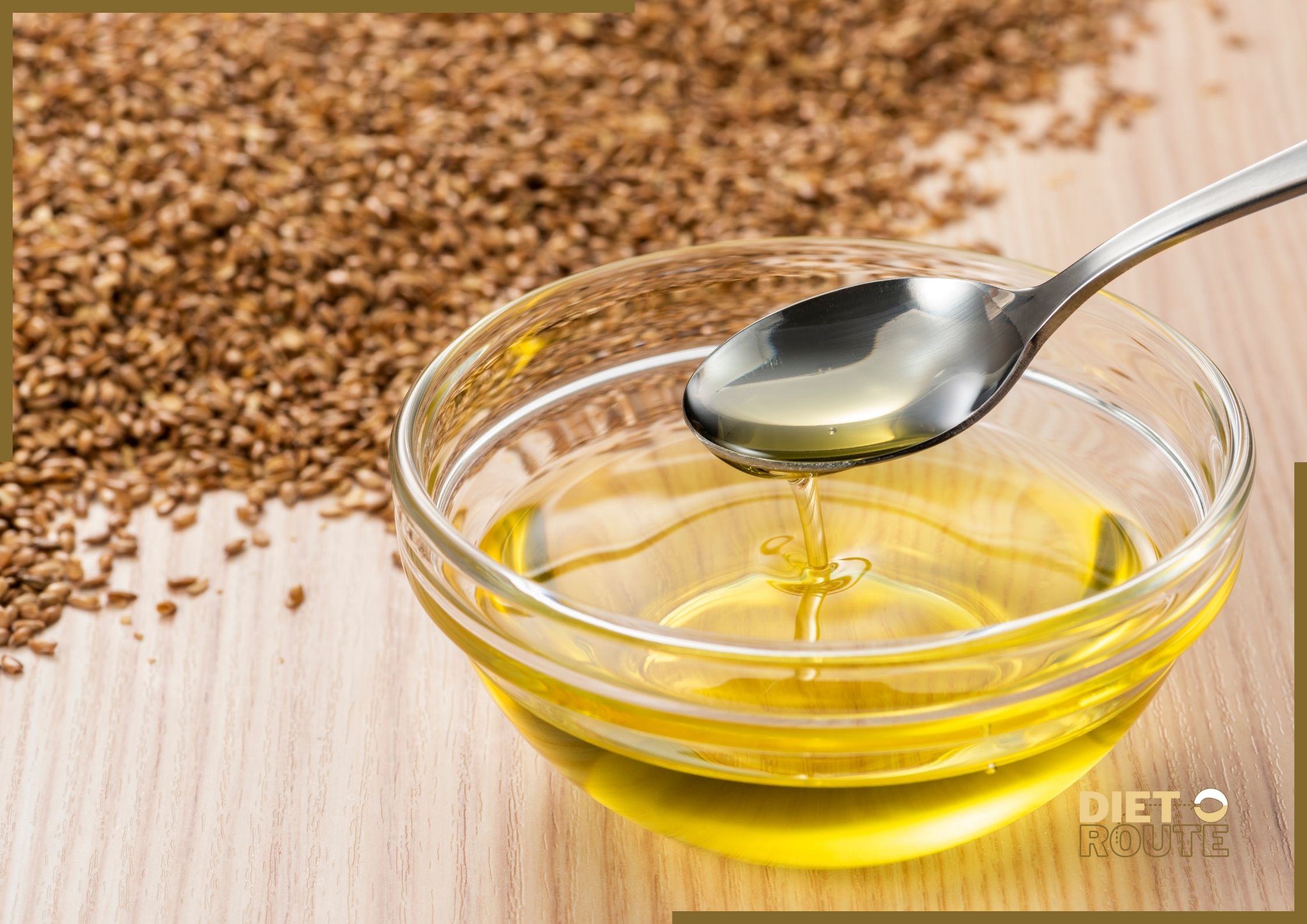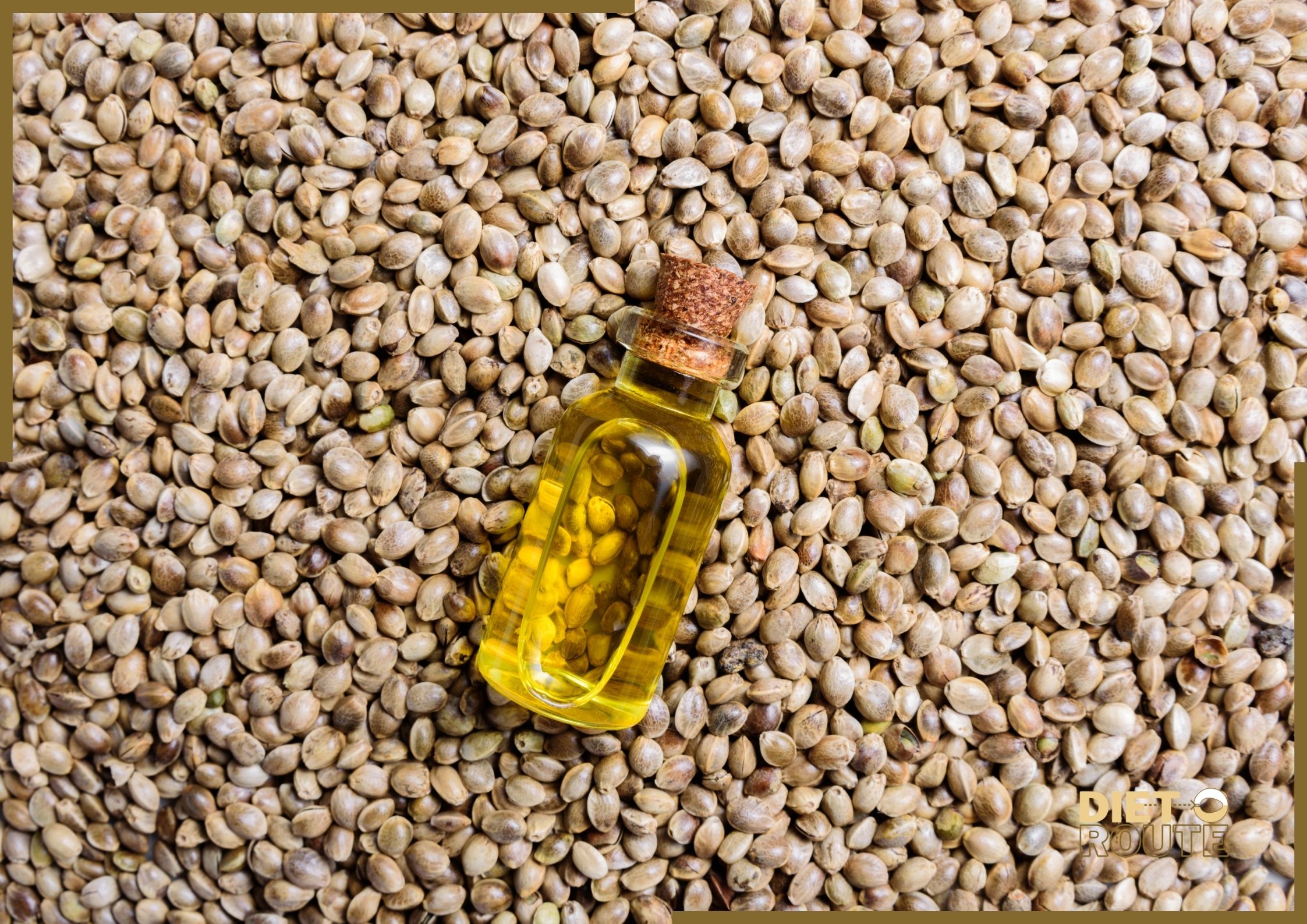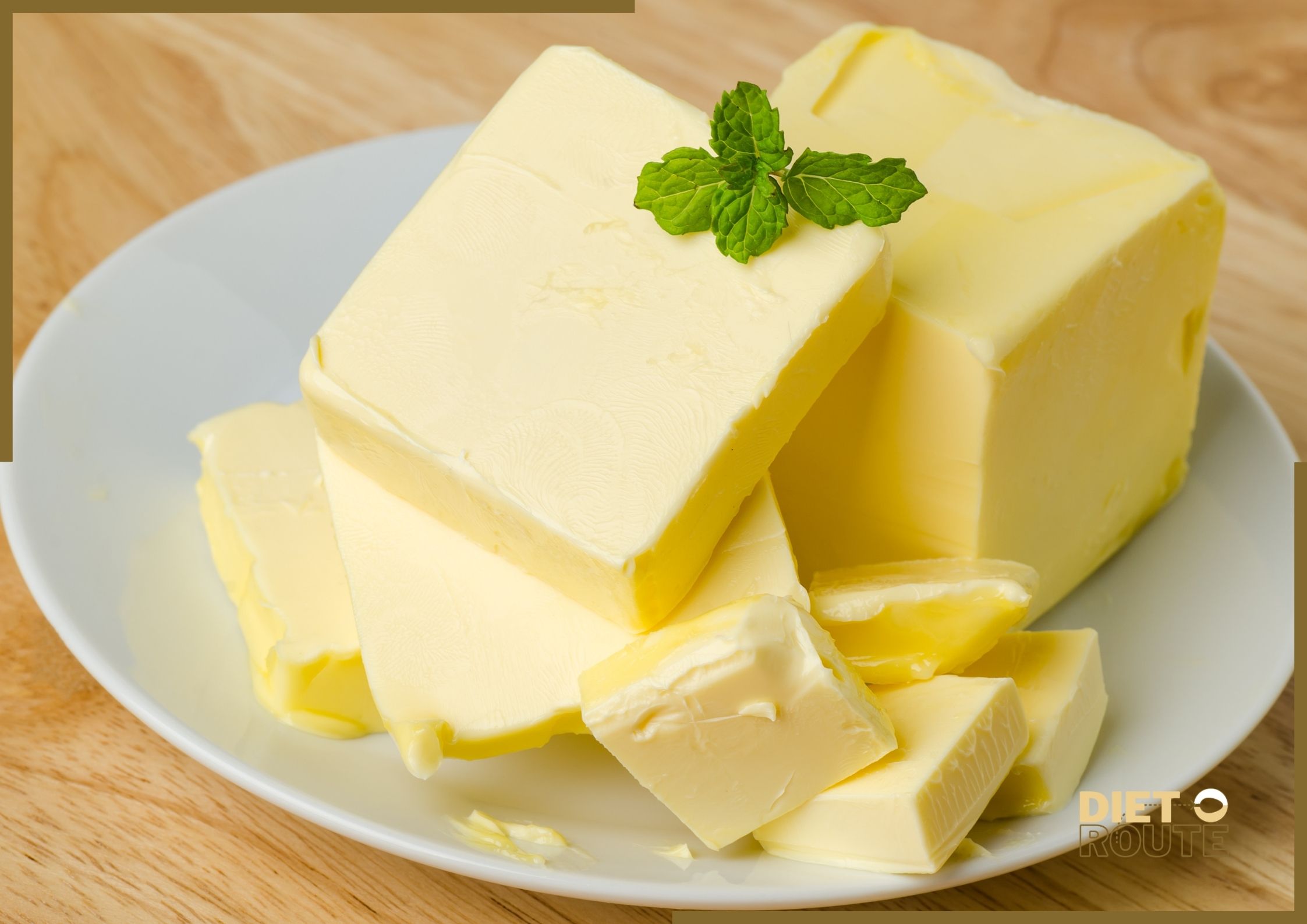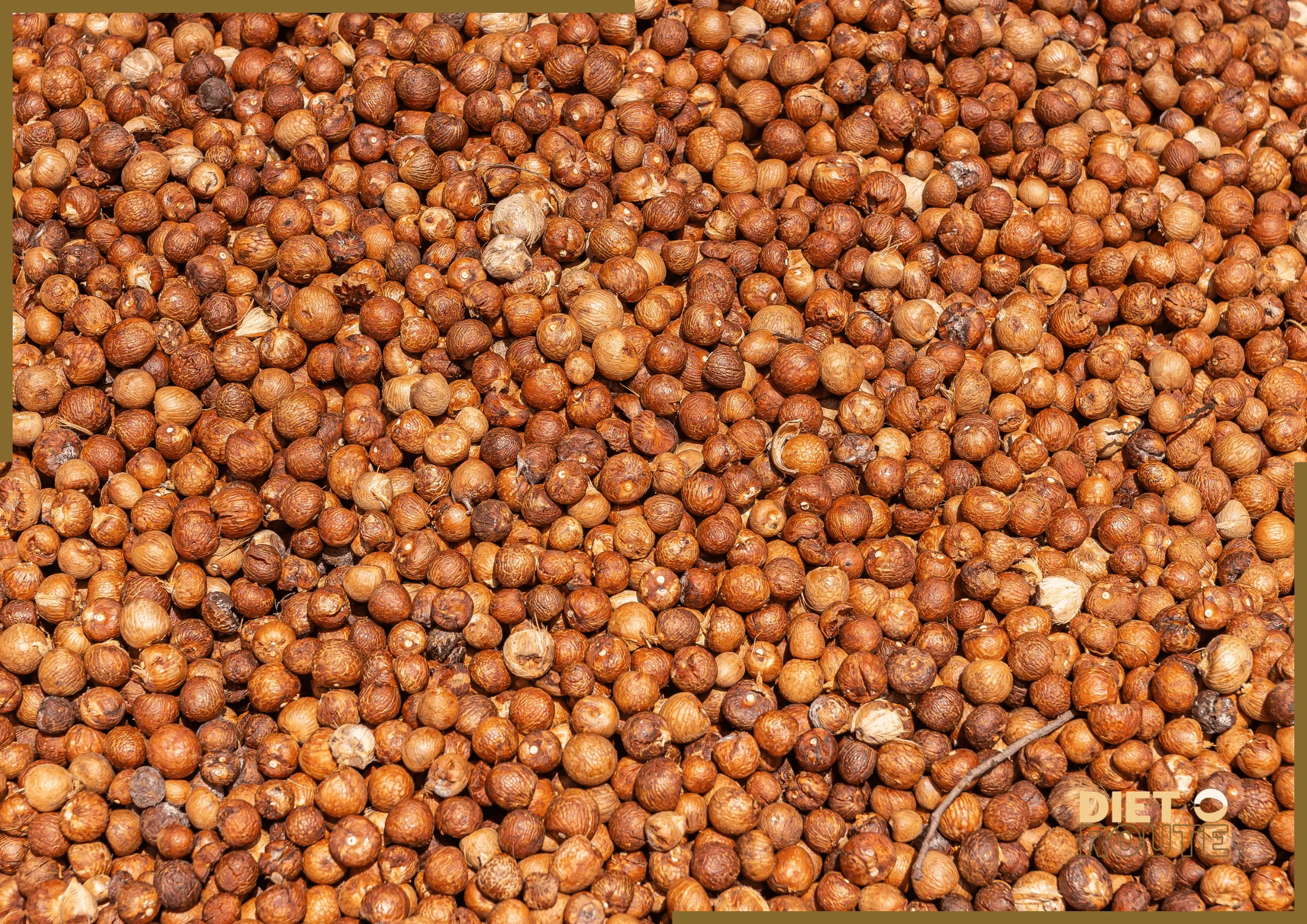Table of Contents
Introduction
Edible flaxseed oil, derived from the seeds of the flax plant, is known for being a beneficial source of omega-3 fatty acids and other nutrients. A table showcasing the approximate nutritional value per 100 grams will be included in this article. We’ll also talk about the pros and cons, answer some of the most common questions about it, and help you decide if you want to add it to your diet.
Nutritional Value Approximately 100g
| Nutrient | Amount Per Serving (1 tablespoon) | % Daily Value |
|---|---|---|
| Calories | 120 | 6% |
| Total Fat | 14g | 18% |
| – Saturated Fat | 1g | 5% |
| – Trans Fat | 0g | |
| Monounsaturated Fat | 3g | |
| Polyunsaturated Fat | 10g | |
| Cholesterol | 0mg | 0% |
| Sodium | 0mg | 0% |
| Total Carbohydrates | 0g | 0% |
| – Dietary Fiber | 0g | 0% |
| – Sugars | 0g | |
| Protein | 0g | 0% |
| Vitamin E | 2.4mg | 16% |
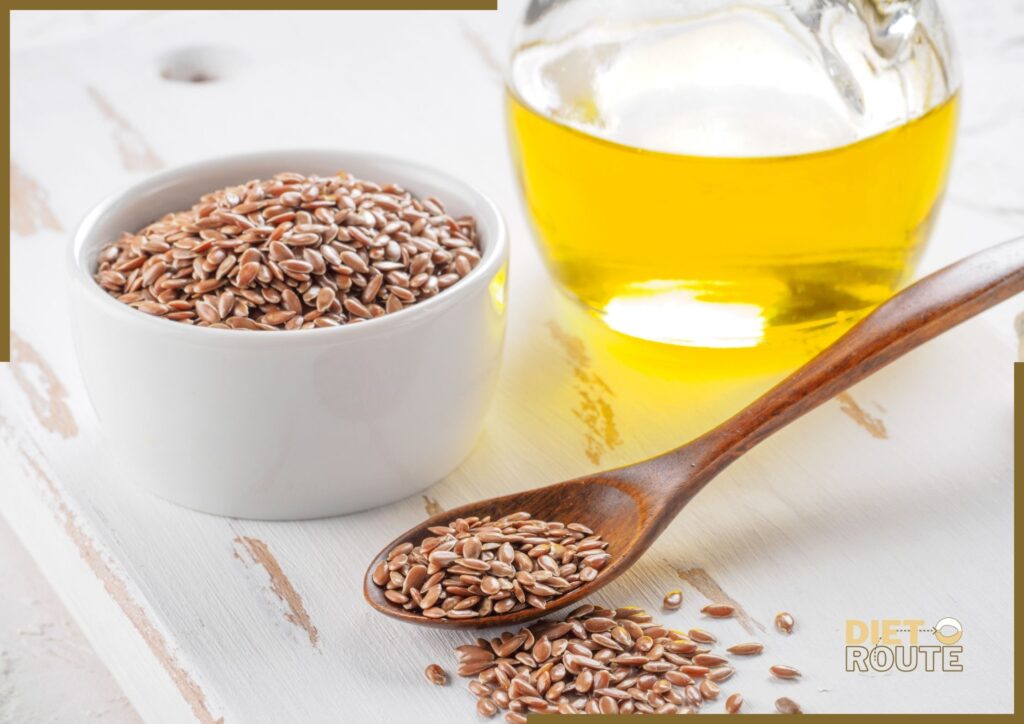
Pros
1. Flaxseed oil is a good source of alpha-linolenic acid (ALA), an important omega-3 fatty acid that helps keep the heart and brain healthy.
2. It contains omega-3 fatty acids, which may help individuals with inflammatory conditions.
Possible Health Benefits for the Heart: Flaxseed oil may help lower blood pressure, lower cholesterol, and improve the general health of the heart.
3. It is good for your gut health because it has both soluble and insoluble fiber, which can help keep your digestive system running smoothly.
4. It is a good source of vitamin E and other important nutrients.
Cons
1. Flaxseed oil has a short shelf life because it oxidizes easily. It’s important to store it in a cool, dark place and to consume it within the recommended time frame.
Frequently Asked Questions (FAQ)
1. Can flaxseed oil be used in cooking?
It is not suitable for cooking at high temperatures because it has a low smoke point. It works best as a finishing oil or in salad dressings.
2. How much flax seed oil should I consume each day?
The recommended daily amount of oil changes, but 1-2 tablespoons is a good rule of thumb.
3. Can flaxseed oil be substituted for fish oil?
It is a vegetarian source of omega-3 fatty acids, but it doesn’t have the same omega-3s as fish oil. Talk to a healthcare professional for personalized help.
4. Can everyone use flaxseed oil?
The majority of individuals can safely use this oil, but some medications may react to it. If you have specific health issues or are taking medication, speak with a health care professional.
5. Does flaxseed oil help you lose weight?
It alone won’t help you lose weight. But it can be part of a healthy, balanced diet that helps people control their weight as a whole.
6. Is flaxseed oil suitable for individuals who have nut allergies?
Flaxseeds are not tree nuts, but some individuals may experience allergic reactions to them. Consult a health care professional if you have a known nut allergy.
7. Does flaxseed oil go bad?
Yes, it can go bad if it isn’t stored the right way. To increase the product’s shelf life, check the expiration date and store it in the fridge.
8. Can flaxseed oil be put on the skin topically?
It can be used topically as a natural ingredient in skin care because of its moisturizing properties.
9. Can flaxseed oil help balance hormones?
The lignans in this oil may contribute to hormonal balance in some individuals because they have estrogenic properties
10. Is flaxseed oil suitable for vegan and vegetarian diets?
Yes, it comes from plants and is suitable for vegan and vegetarian diets.
In A Nut Shell
Edible flaxseed oil is a nutrient-rich oil that is a good source of omega-3 fatty acids and other beneficial compounds. Its potential health advantages, such as promoting heart health and reducing inflammation, make it a desirable addition to a healthy diet. But it’s important to think about the cons, like its short shelf life and high number of calories per gram. As with any diet change, it is recommended to consult a health care professional or a registered dietitian for individualized advice based on your needs and health conditions.
